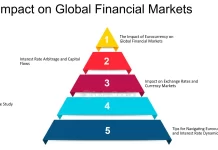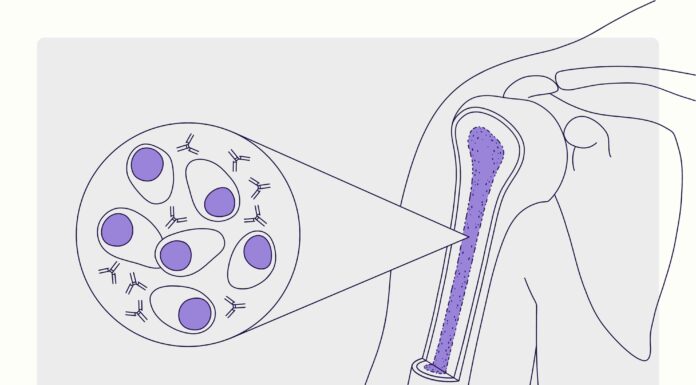Moderating inflation helps China and India’s goods trade recovery: According to a UN Trade and Development (UNCTAD) study released on Tuesday, China and India showed “very strong” quarter-over-quarter export performance during the first quarter of 2024, reversing the fall in goods trade among major economies.
Global commerce increased modestly and gradually in the first quarter of 2024, driven by favourable trade dynamics for the US in the context of declining inflation and better economic growth projections. The increase started in the second half of 2023.
Overall, projections for economic growth that are rising and global inflation that is lowering point to a reversal of the declining macroeconomic trends that have marked most of 2023. UNCTAD added that increased demand for goods associated with the energy transition and artificial intelligence should support trade growth until 2024. Nonetheless, there are still risks to the downside in the prognosis for global trade in 2024. Global trade may be greatly impacted by enduring geopolitical tensions, growing shipping costs, and developing industrial policies, according to the paper.
Due to significant subsidies that are damaging international commerce and marginalising smaller economies, the world’s supply is becoming more concentrated in the hands of a limited number of large exporters, according to UNCTAD. This is causing the contours of global trade to become more uneven.
According to the report, prices for traded goods have remained stable in Q1 2024 but are predicted to rise in Q2 2024, with trade expanding faster in values than in quantities. This might further fuel inflation.
“Only some big economies saw a reversal in the fall in merchandise trade that began in 2023 in the first quarter of 2024. In particular, the United States, Brazil, and the Russian Federation had increases in imports. China and India showed exceptionally good export performance from quarter to quarter. The United States and the Russian Federation both had increases in exports. Conversely, commerce with South Africa and Japan kept declining, according to the report. According to UNCTAD, a race to the top in subsidies could cause large suppliers vying for dominance in their key trade relationships, resulting in trade fragmentation.
Developed nations and significant rising economies are anticipated to improve their global competitiveness in these sectors by heavily subsidising their own industries. The paper stated that this will have an effect on both their home markets and international trade, possibly discouraging smaller economies from entering these profitable sectors.





























